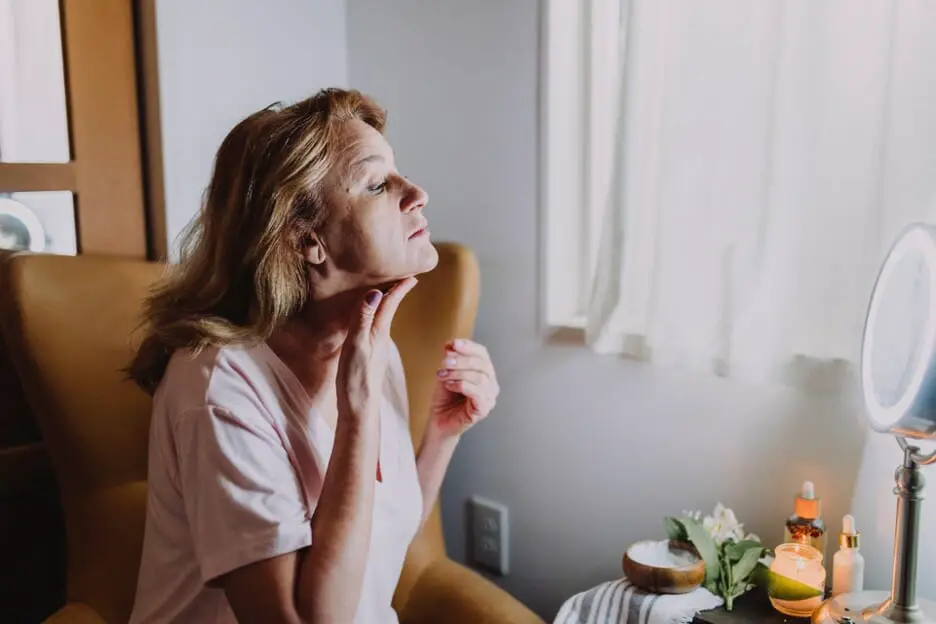How to Cure Psoriasis Permanently: Essential Strategies for Beauticians?
Psoriasis is a chronic autoimmune condition that impacts millions of people worldwide. If you're a beautician, you may wonder how to cure psoriasis permanently and help your clients regain their skin's health. This article will delve into various aspects of psoriasis, its treatments, and practical advice you can provide to people struggling with this condition.
Understanding psoriasis is crucial for effective treatment. The condition can cause intimidating symptoms, including red patches, silvery scales, and severe itching. Not only does it affect physical appearance, but it can also lead to significant emotional distress. As a beautician, being knowledgeable about psoriasis will enable you to assist clients better and offer them tailored skincare recommendations.

Understanding Psoriasis: The Basics
Psoriasis is a result of an overactive immune response where skin cells multiply faster than normal. There are several types of psoriasis, but the most common include plaque psoriasis, guttate psoriasis, and inverse psoriasis. Each type comes with its unique symptoms and treatment protocols.
Here are some common symptoms that indicate the presence of psoriasis:
- Red patches of skin covered with thick, silvery scales
- Dry, cracked skin that may bleed
- Itching, burning, or soreness
- Thickened, pitted, or ridged nails
- Swollen and stiff joints
Why Do Beauticians Need to Know About Psoriasis?
As a beautician, it's essential to be aware of skin conditions like psoriasis because:
- You can provide appropriate advice and recommendations to clients with psoriasis.
- Understanding the condition helps tailor skincare regimens that avoid exacerbating symptoms.
- Educating clients on products and treatments improves their confidence and satisfaction.
Available Treatments for Psoriasis
Various treatments exist for those suffering from psoriasis. Understanding these options allows beauticians to guide their clients towards suitable choices. Here are the main categories of treatments:
1. Topical Treatments
Topical treatments are the first line of defense against psoriasis. These can include:
- Corticosteroids: These reduce inflammation and slow skin cell turnover. They are often prescribed in varying strengths.
- Vitamin D analogs: These help slow skin cell growth and can be highly effective when used alongside steroids.
- Coal tar: This ancient remedy can help reduce scaling and itching.
2. Light Therapy
Phototherapy involves exposing the skin to UV light under medical supervision. This therapy can effectively alleviate symptoms and lead to long-term remission for some patients.
3. Systemic Treatments
Systemic treatments are used for moderate to severe psoriasis and may include:
- Biologic drugs: These target specific parts of the immune system and have shown great promise in reducing symptoms.
- Oral treatments: Such as methotrexate and cyclosporine, which can help manage severe cases of psoriasis.
Each treatment plan must be tailored to the individual's needs, as no single approach works for everyone. A consultation with a healthcare provider can determine the best method for each patient.
What You Can Do as a Beautician
As a beautician, you aren't a medical professional, but your advice can be invaluable:
- Encourage clients to maintain a skincare routine that avoids overly harsh products, which can irritate psoriasis.
- Recommend gentle exfoliation to help remove dry, flaky skin accurately. Check out this article on how to exfoliate the body with a washcloth for safe techniques.
- Guide them towards products that contain natural ingredients known to soothe the skin, such as aloe vera or chamomile.
Healthy Lifestyle Tips for Managing Psoriasis
Advising clients on a healthy lifestyle can also help manage their symptoms. Below are several recommendations:
- Diet: Encourage a balanced diet rich in fruits, vegetables, lean proteins, and omega-3 fatty acids. Anti-inflammatory foods may help reduce flare-ups.
- Hydration: Staying hydrated is crucial for maintaining skin elasticity and reducing dryness.
- Stress management: Stress can trigger psoriatic flare-ups. Recommend activities like yoga or meditation.
Products to Avoid in Skin Care
When working with clients who have psoriasis, recommend they avoid certain products that may worsen their condition:
- Products with alcohol, as they can dry out the skin.
- Scented products, as they can lead to irritation.
- Rough exfoliants that may further irritate the skin.

Frequently Asked Questions (FAQ)
1. Is it possible to cure psoriasis completely?
While many treatments can help manage symptoms, psoriasis is generally considered a chronic condition that can go into remission but does not have a definitive cure.
2. Can diet affect psoriasis symptoms?
Yes, a balanced diet can influence the severity of psoriasis. Foods rich in omega-3 fatty acids and antioxidants may help reduce inflammation and improve skin health.
3. Should clients with psoriasis use makeup?
While makeup can be applied, clients should choose products that are hypoallergenic and do not contain irritating ingredients. Always consult with a dermatologist for personalized tips.
Your role in supporting clients with psoriasis is vital. Encourage open conversations about their experiences, and steer them to reliable skincare products, methods, and treatments. For further insights, check the Healthline on Psoriasis.
By understanding how to cure psoriasis permanently, you empower your clients while enhancing your services as a beautician. Always continue to educate yourself on advancements in skincare and treatment options to remain a valuable resource for your clients.

